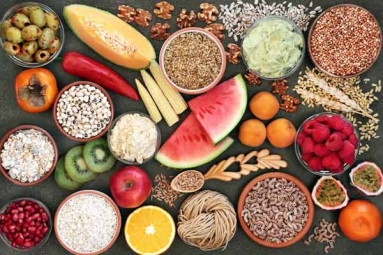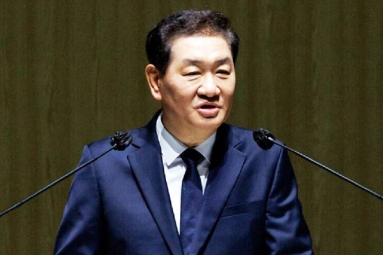
(Image source from: Canva.com)
Recently, young people in their 20s and 30s are suffering from strokes (a disease that often affects older people). An unhealthy lifestyle, chronic stress and the increasing prevalence of diseases such as high blood pressure and diabetes among young people are factors that contribute to this worrying situation among young people. Studies show that 10-15% of strokes occur before the age of 40 and the age of stroke patients in developing countries is 15 years younger than in developed countries. That's why it's important to understand the warning signs and risk factors for early symptom treatment.
Worrying increase in strokes among adolescents: The incidence of strokes among adolescents in India is increasing due to a combination of lifestyle and genetic reasons. A sedentary lifestyle, high consumption of processed foods, smoking and excessive alcohol consumption are among the main risk factors. Long working hours, lack of sleep at night and chronic stress exacerbate this problem. Genetic factors such as family history of stroke also play a role in the development of this disease. Worryingly, young people often ignore early warning signs, mistaking them for mild symptoms and delaying important treatment.
Know the warning signs of a stroke: A stroke occurs when blood flow to part of the brain is interrupted, which can lead to damage to brain cells. Recognizing these symptoms early can help prevent irreversible damage. Numbness or sudden weakness. It usually occurs on one side of the body. Difficulty speaking or understanding words. Vision loss or blurred vision in one eye is a warning sign. Many people also experience severe headaches and dizziness for no reason, as well as problems with balance and coordination. In some cases, a transient ischemic attack (TIA), often called a "mini-stroke," can be a precursor to a more serious stroke, indicating that immediate medical attention is needed, although symptoms may resolve quickly
Know the risk factors and prevention methods: The most common risk factor for stroke is high blood pressure, which damages blood vessels and increases the risk of blood clots. Other heart diseases such as atrial fibrillation also increase the risk because blood clots can travel to the brain. Smoking is another major risk factor that not only damages blood vessels but also causes blood clots. Poor diet and lack of exercise increase risk factors that lead to obesity, high cholesterol and diabetes. To prevent a stroke, these modifiable risk factors must be taken into account. A healthy blood pressure, a balanced diet and regular physical activity are important steps. Quitting smoking and managing stress through mindfulness and yoga can significantly reduce the risk. Regular checkups to check blood pressure, cholesterol and blood sugar levels are essential for early intervention.
Importance of early diagnosis and timely treatment: To manage a stroke, prompt treatment is essential to limit the extent of the damage caused. Diagnostic procedures such as CT scan, MRI and blood tests can reveal the type and location of the stroke and determine treatment. In the event of an ischemic stroke, administration of thrombolytics within the 3-hour golden window can prevent massive brain damage. However, the treatment is most effective during the Golden Window. Hemorrhagic strokes are usually caused by a ruptured blood vessel and require immediate medical intervention to stop the bleeding and stabilize the patient.
A stroke is an emergency that requires immediate help. For young adults, the rising incidence of strokes is a wake-up call to seek better medical care and take precautions. If detected early, this risk can be significantly reduced through lifestyle changes such as regular exercise, a balanced diet and stress management. If you or someone you know is showing symptoms of a stroke, seek medical attention immediately. Diagnosing a stroke and acting quickly can help prevent it and save people's lives.











